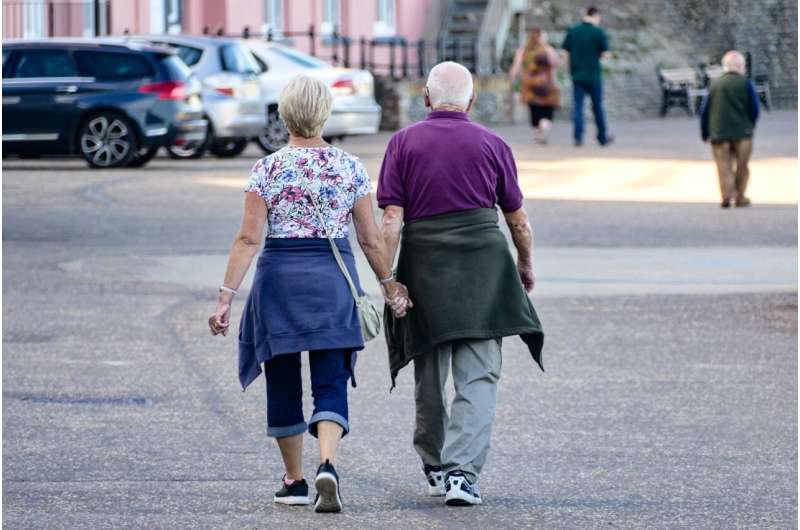Young People's Physical Fitness Declines Linked to the COVID-19 Pandemic

Recent research shows that the COVID-19 pandemic significantly decreased physical fitness levels among youth, underscoring the importance of promoting physical activity during disruptions to support health and well-being.
The COVID-19 pandemic has been associated with a notable decrease in physical fitness levels among youth in the United States, according to recent research published in JAMA Network Open. The study conducted by researchers led by Dr. Anjelka Pavlovic from Texas Tech University Health Sciences Center analyzed the physical fitness data of over 152,000 students from 264 schools across 21 states. The research focused on cardiorespiratory fitness (CRF) and musculoskeletal fitness (MSF), collected both during and before the pandemic.
The findings revealed that during the pandemic, students were significantly less likely to reach the healthy fitness zone (HFZ) for both CRF and MSF compared to pre-pandemic and post-pandemic periods. Specifically, the likelihood of achieving optimal CRF was reduced, with reductions of approximately 0.55 mL/kg/min in girls and 0.86 mL/kg/min in boys. Moreover, students in remote or hybrid learning environments for periods ranging from 15 to 22 weeks showed higher odds of maintaining fitness levels compared to those in shorter remote or hybrid settings.
The study highlights the importance of planning for youth physical activity during major disruptions, such as pandemics or wars. Educators, healthcare providers, and parents are encouraged to develop strategies to promote physical activity in children and adolescents to safeguard their mental health and overall physical well-being. Maintaining physical fitness can also positively influence academic performance and resilience against health issues.
The authors note that these fitness declines could have long-term implications, emphasizing the need for proactive interventions to help young people stay active even during challenging times.
source: https://medicalxpress.com/news/2025-06-decline-youth-physical-association-pandemic.html
Stay Updated with Mia's Feed
Get the latest health & wellness insights delivered straight to your inbox.
Related Articles
Exercising 150 Minutes Weekly, Even in 1-2 Sessions, Can Reduce Mortality Risk in People with Diabetes
Recent studies reveal that just 1-2 exercise sessions per week can significantly reduce mortality risk in individuals with diabetes, offering a flexible approach to achieving health benefits.
Enhancing Elderly Fitness: The Benefits of Walking Slightly Faster
A new study reveals that walking slightly faster—about 14 steps per minute more than usual—can significantly boost mobility and health in older adults, promoting independence and overall well-being.
Enhancing Running Performance Through Focused Visual Attention
Discover how focusing on a narrow visual point, such as the finish line, can help runners boost effort, increase speed, and improve overall performance through a simple mental strategy.



